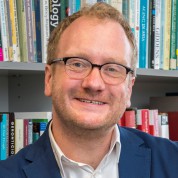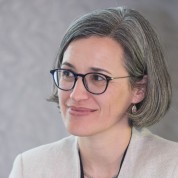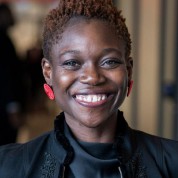WS401
The Future Society - Population Dynamics Following COVID-19
Contact Person : Rintaro Mori, rmori@unfpa.org
03
Dec
-20201202-6437.jpg)
The world population has drastically increased from 5.7 billion in 1994 to an estimated 7.7 billion in 2019. According to the 2017 World Population Prospects,[1] the number is expected to reach 11.2 billion in 2100, with the growth being attributed to declining mortality, high fertility rates in some parts of the world and demographic momentum. The world population is currently subjected to mega-trends with a larger, older, more mobile and concentrated population.
Characterized by a gradual shift in the age distribution towards older ages, an ageing population arises from this decreasing fertility trend and increased life expectancy. A result of declining fertility and increased longevity is the so-called global population ageing. The number of older persons (defined as over the age of 60) is expected to increase by 229% in Africa, followed by Latin America and the Caribbean (161%) and Asia (132%) between 2017 and 2050.[2]
Based on existing, agreed-on global mandates, a collective response requires a life-course approach, as well as a strong primary health care approach for promoting health and preventing disease at all ages, and ensuring the inclusion of health services within Universal Health Coverage (UHC) – including long-term care at home, in communities and when needed, within institutions – without financial burden[3].
COVID-19 has had wide demographic implications, including increased mortality rates, a disproportionate impact on the mortality of older persons, and increased vulnerability of certain migrant groups. The session highlights these groups disadvantaged by the impacts of COVID-19, though highlight the way forwards, suggesting the future of the society.
[1] Department of Economic and Social Affairs Population Division, 2017
[2] United Nations, Department of Economic and Social Affairs, Population Division (2017). World Population Prospects: The 2019 Revision, Methodology of the United Nations Population Estimates and Projections, Working Paper No. ESA/P/WP.250. New York: United Nations
[3] Sadana R, Soucat A, Beard J. Universal health coverage must include older people. Bull World Health Organ. 2018;96:2–2A. doi:http://dx.doi.org/10.2471/BLT.17.204214
To explore the possible changes and the way forward on impacts of COVID-19 on population dynamics, particularly on urbanisation, immigration, ageing, and fertility behaviours.
SPEAKERS
Biosketch
Adelina Comas-Herrera
Eduardo Klien
Elizabeth Wilkins
Nathalie Roebbel
Rintaro Mori
Stuart Gietel-Basten
Tolullah Oni
Presentation
Comas-Herrera_PPT.pdf
Roebbel_PPT.pdf
Wilkins_PPT.pdf








